6. Viridiana (1961) – Luis Buñuel
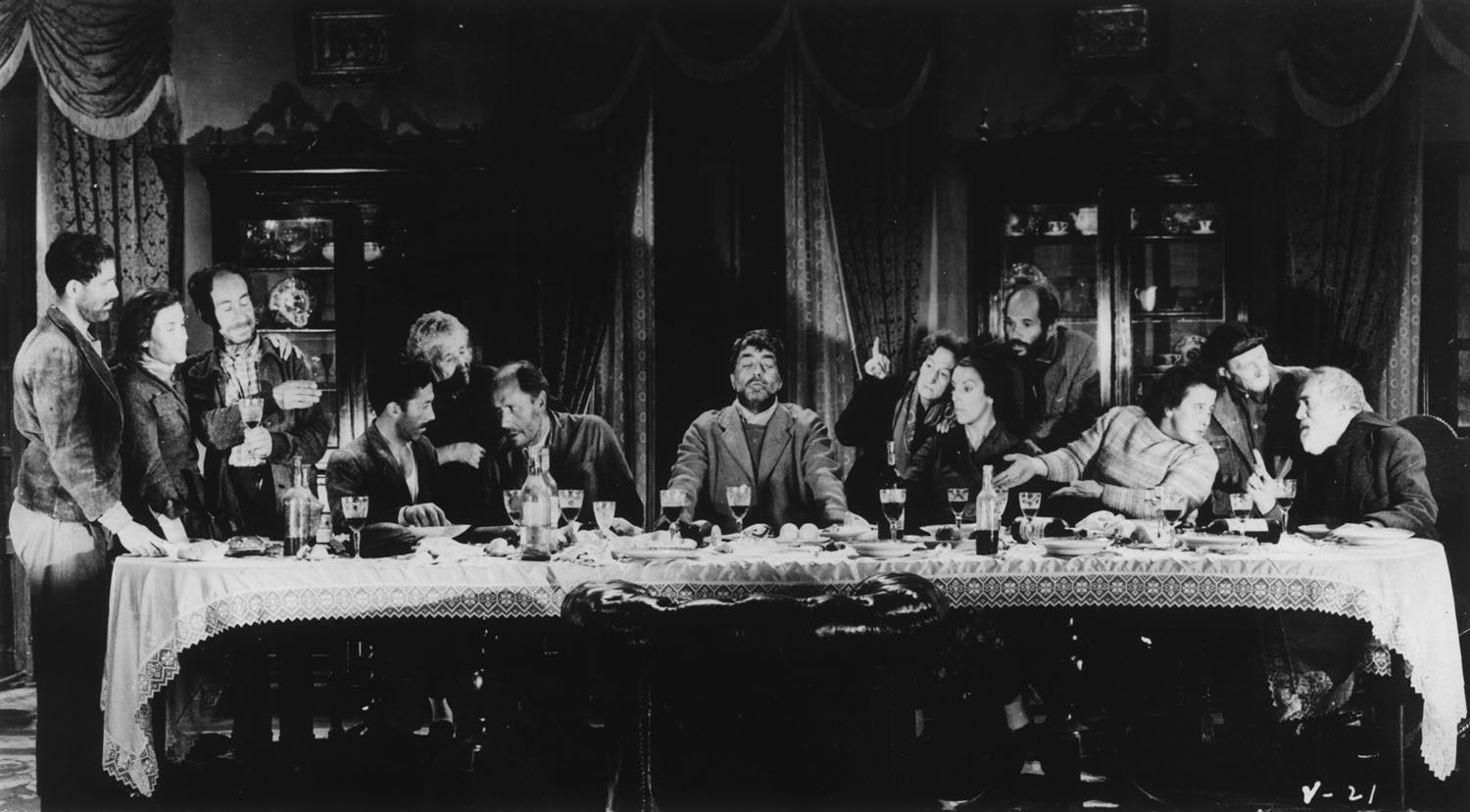
A subtly subversive film that perhaps only Buñuel could have made so effectively, Viridiana puts its eponymous heroine through a great deal of difficulty which the director clearly believes reflects reality.
On the verge of taking her vows as a nun, Viridiana is suddenly called to the house of her wealthy uncle, where circumstances become complicated and keep her there longer than anticipated. Determined to pursue good works even while away from her convent, Viridiana begins caring for some local beggars. But even her best intentioned efforts continue to backfire until she seems in danger of losing the very faith that she was on the verge of devoting her life to.
As the idealism of Viridiana slips away with experience, the viewer is likely to recall a time when life was simpler by virtue of being yet untested. Whether one’s ideals manifested through religious, social, or other channels, it’s impossible for even the most jaded among us to not remember a time when we thought the world was different than we actually found it to be.
Still, we can take inspiration from the dutiful Viridiana’s persistence in her good works, though the more aged among the audience know full well what waits at the end of her rainbow.
7. Letter Never Sent (1960) – Mikhail Kalatozov
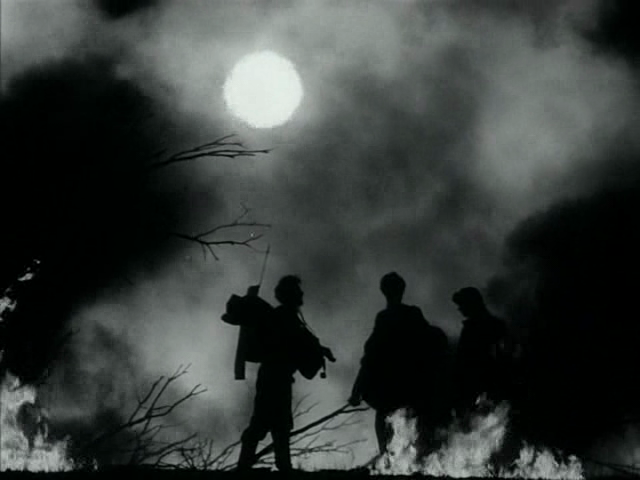
This film follows four Russian geologists, three men and one woman, who venture into the Siberian Plateau in search of diamonds. When isolation and professional frustration start to set in, tensions surface and secret feelings are revealed.
When a devastating forest fire seems certain to consume their lives, the letter that one of the men has been writing by the firesides to his significant other takes on a more poignant tone. Meanwhile, the love triangle threatening to divide the other three becomes a race against the clock for romantic success.
While the passage of time presents us with many opportunities to seize the moment and take action, it also forces our hand on occasion. These times of crisis force us to turn inward in ways that are usually avoided or postponed. But the immediate threat of losing one’s life has a way of bringing into stark focus what is most important and what one has left undone. Unexpected disruptions are often the moments when weighty decisions are made, though one may only recognize or appreciate this fact with age.
8. Umberto D. (1952) – Vittorio De Sica
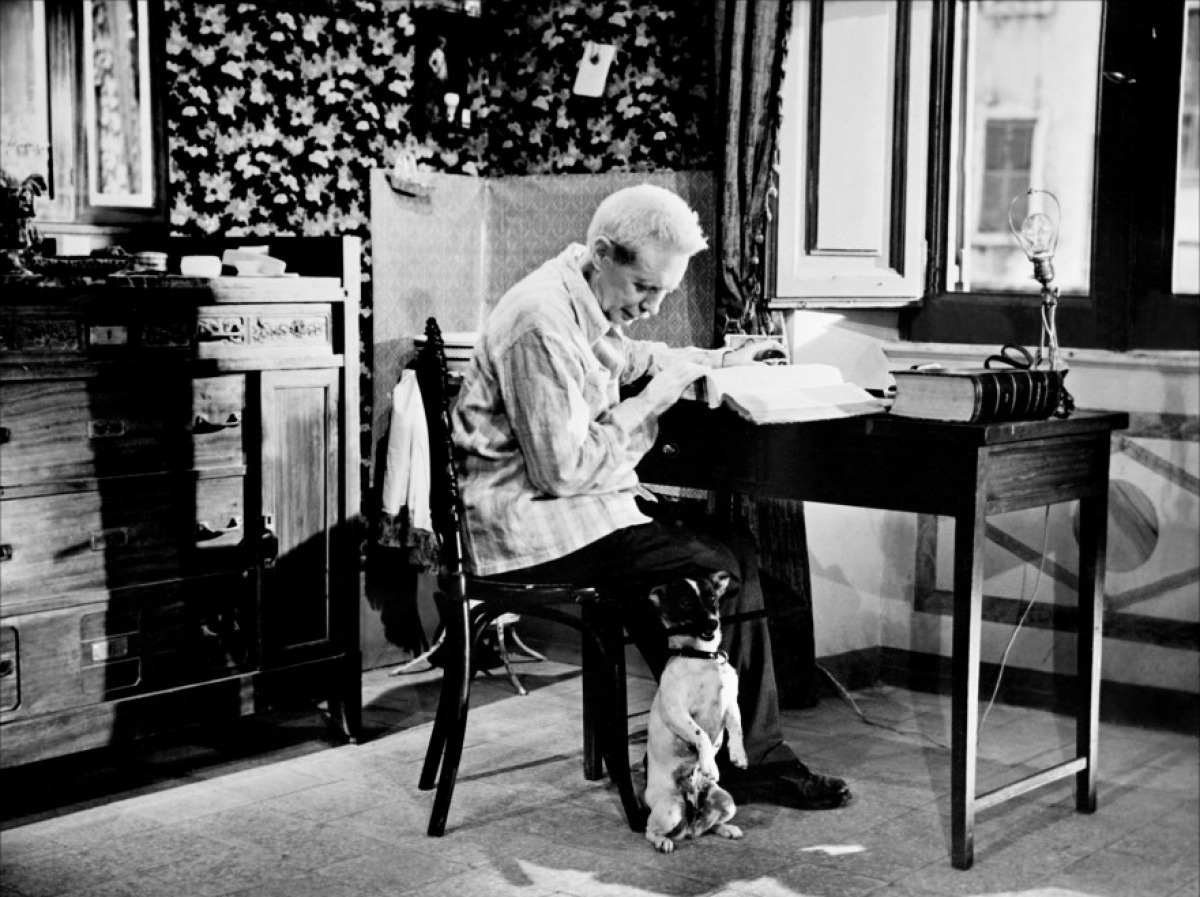
This Italian neorealist film features mostly non-professional actors in a touching tale of loneliness and old age. Umberto D. is the title character who lives alone with his small dog in Rome. One day he returns to his apartment to find that his overdue rent is being demanded under threat of eviction.
This starts a chain of events in which Umberto D. tries desperately to raise the money in time, while dealing with the poor health accompanying his advancing age. The fate of the likeable old man and his furry friend still tugs at our heartstrings today.
Umberto D. reminds one of the possibility that old age will bring loneliness and isolation in its wake. The experience of being homeless and forgotten about by everyone is one that all humans hope to avoid as life nears its twilight.
Even the fear of losing as simple a friend as a little dog is one that this films brings into stark focus. Though the viewer might more closely understand the tragic parts of this film with age, he or she might also find the story instructive and cautionary for future decision making.
9. Ugetsu (1953) – Kenji Mizoguchi
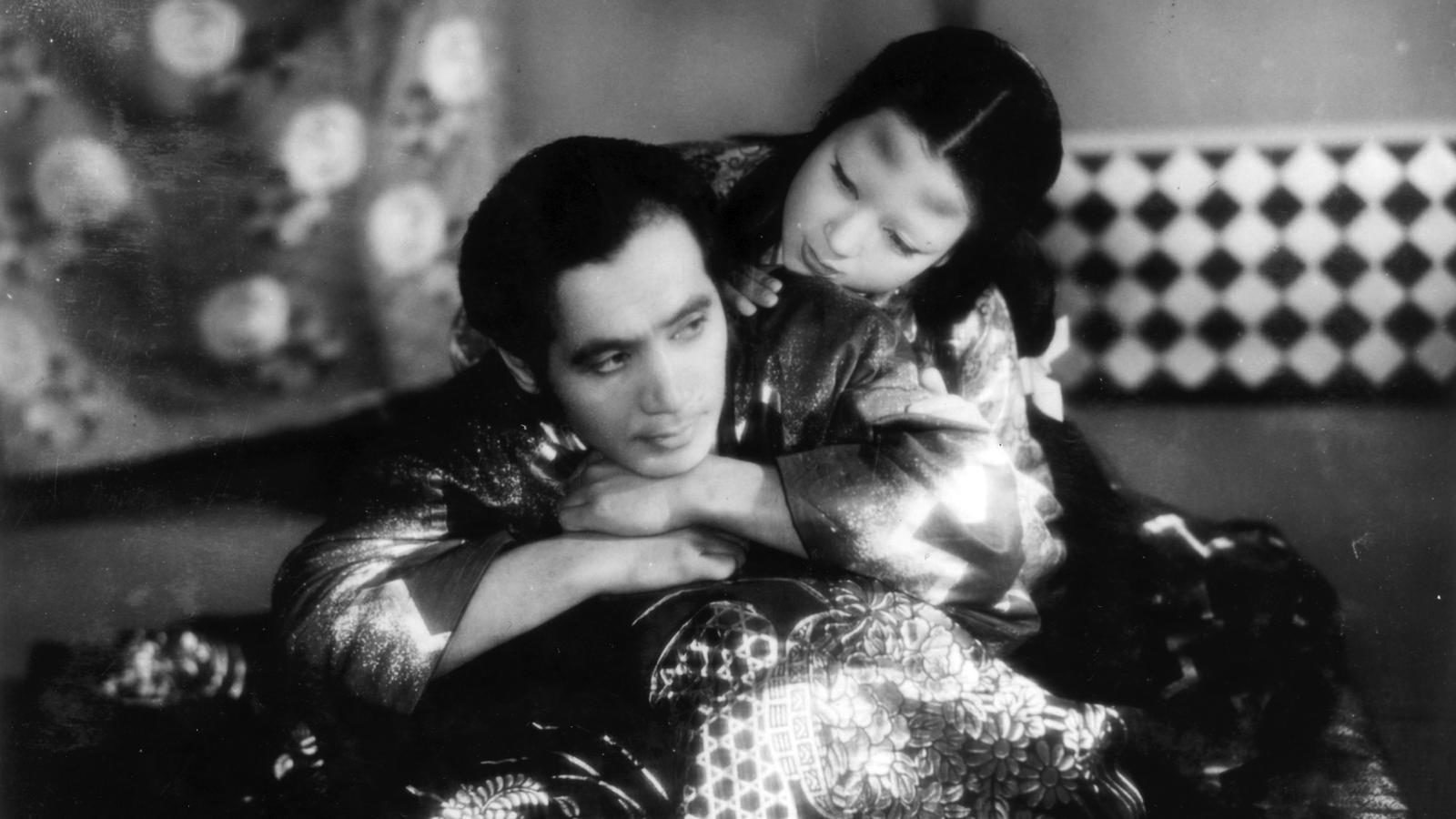
When two peasant men sell for a profit all of the earthenware pots by which they have made their living, a tragic chain of events is set in motion. One of the men pursues wealth and a new love interest, while the other sets off to follow grand dreams of becoming a famous warrior. Both men leave their wives behind with little interest in how their families will be provided for. Each learns some profound lessons along the way, but their lives and families are put in danger of permanent ruin as a result of their selfish actions.
Understanding the folly of greed and the emptiness of fame is a privilege often reserved for old age, though it need not be so. Spending a couple of attentive hours with Ugetsu might also get the job done. Few films have ever captured the sense of longing brought about by missed opportunities as well as this one does. Discerning the mistakes that are caused by one’s misplaced sense of desire often occurs only after the passage of time, but Ugetsu eloquently frames its story to provide maximum impact to those with eyes to see.
10. The Browning Version (1951) – Anthony Asquith
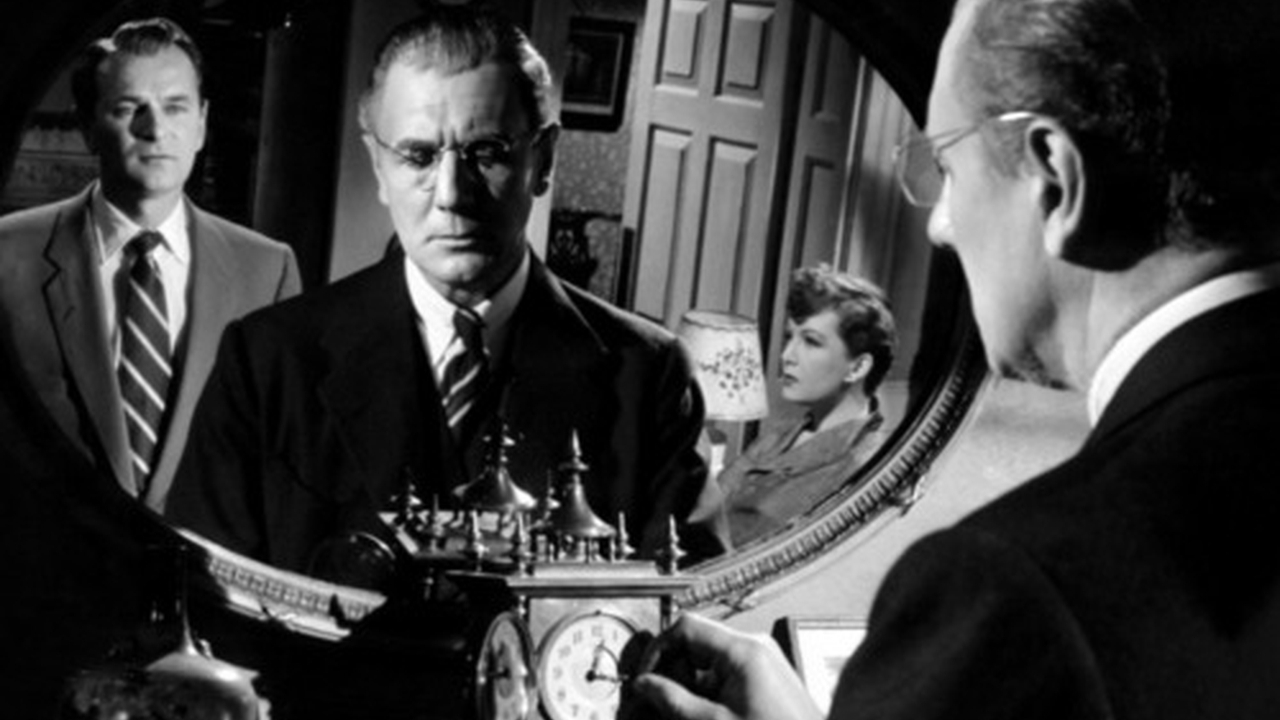
When a Classics professor’s poor health forces him into an early retirement, his last few days in his position are more tumultuous than he could have imagined. With the knowledge that he is leaving, his students and fellow teachers begin to reveal their true feelings about him, which are far from complimentary. In addition, he discovers that his wife has been unfaithful for years. The professor’s sense of self is shaken to the core, and he must face the facts about himself that led so many to despise him.
A public image which has been cultivated over many years can become strong enough to take on a life of its own. It can even become so powerful that its owner loses contact with the true nature which created it. If one is ever able to break this superficial mold, the effort will require enormous humility and resolve. But rediscovering one’s inner identity is sure to yield healthy results both for the individual and for society. The Browning Version hits hard at the danger of allowing pride and public perception to dominate our actions and behavior toward others after the passage of time has calcified our habits.